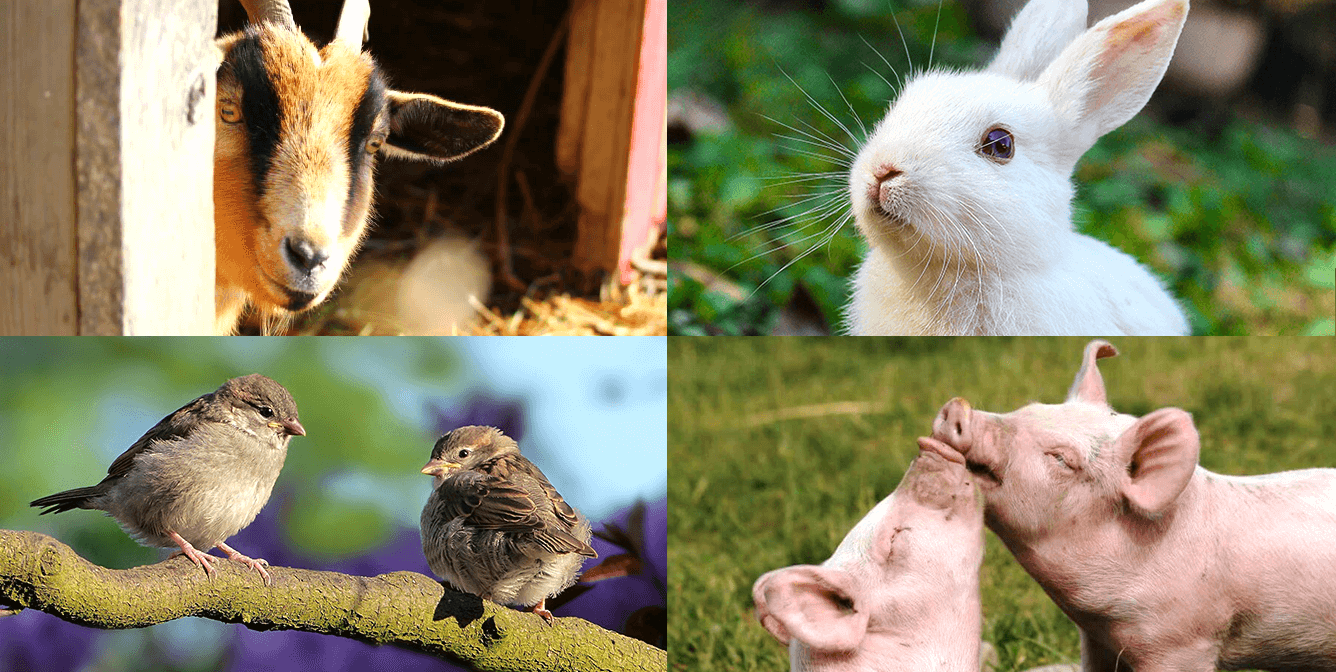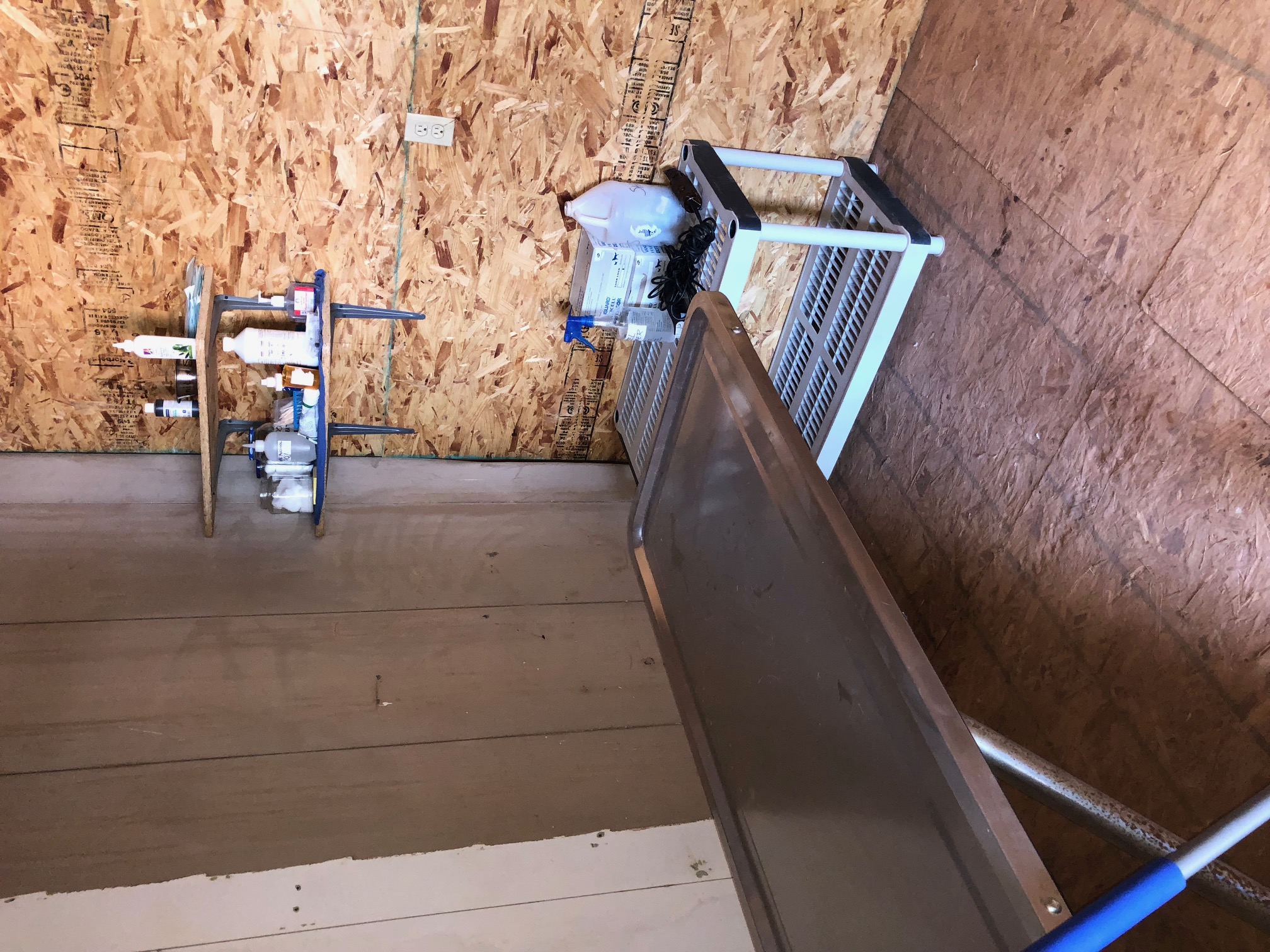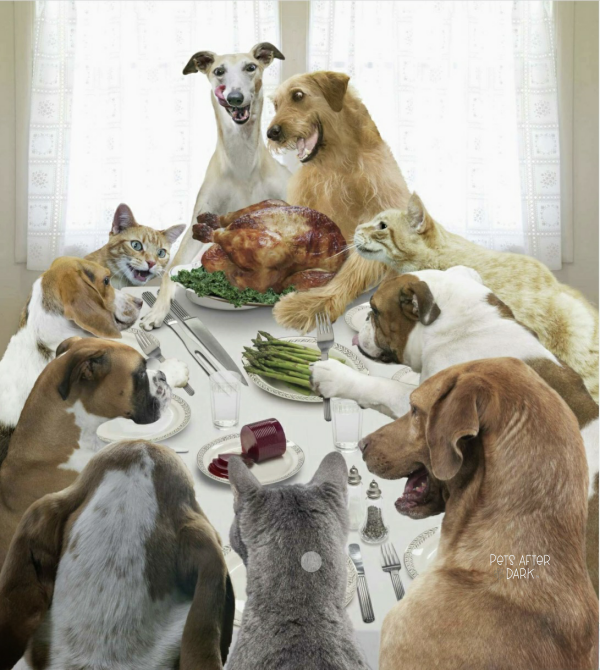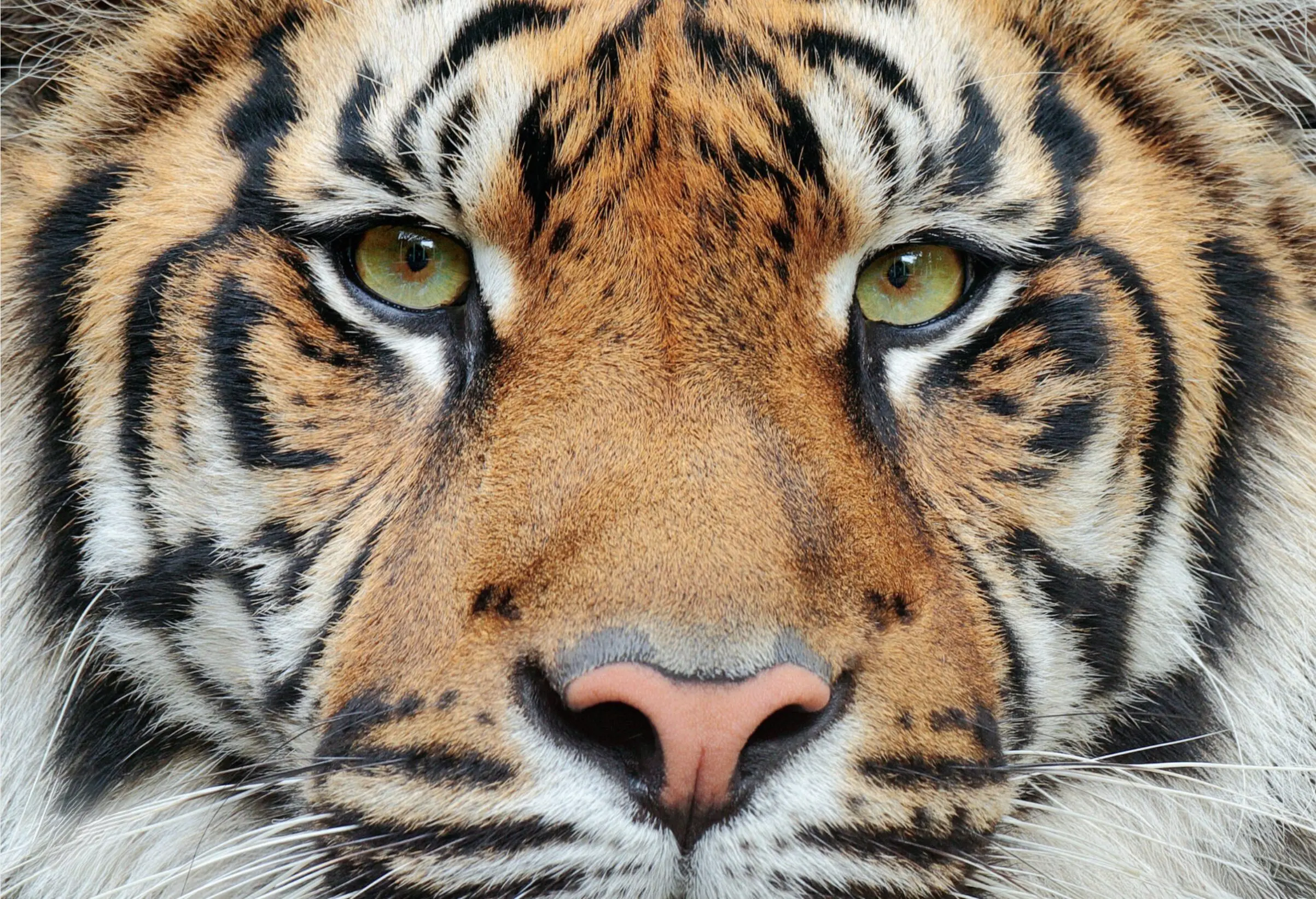
sen·tient /ˈsen(t)SH(ē)ənt/ adjective 1. able to perceive or feel things.
I recently presented at the Institute of Critical Animal Studies (ICAS) conference on “Recognizing Non-Human Animals as Sentient Beings”. I
Weeknights 7PM - Midnight
Weekends 8AM - Midnight

“The line to see us stretched across the parking lot but no one complained.”
By Dr. Larry Gerson, VMD
May 16, 2024
Multiple veterinarians had told me that a trip to help the Pueblo of Zuni would be life changing. Located about 150 miles from Albuquerque, New Mexico the Pueblo of Zuni is situated on a giant landmass covering almost 450,000 acres.* It is documented that the Zuni people have been farming on this land for 3,000-4,000 years. Today it is believed there are 10,000 Zuni, and the tribal government estimates that 90 percent of them live at Zuni Pueblo, making this tribe one of the most intact in existence.** At the time that I went on the mission, the Native American Veterinary Service was part of the state veterinary association’s charitable foundation. As an active board member of the foundation I felt an obligation to help on the project.
Veterinarians from Pennsylvania and other states made a twice yearly trip to provide free spay and neuter surgeries, vaccinations, and general animal care. We even had veterinarians with experience help on the farms to care for the production animals. Since our visits started, the health of the farm animals improved and farms became more profitable with healthier animals.
The first day we had an orientation of the pueblo that resembled a small town rather than a enclosed compound. The scenery was spectacular with beautiful plateaus and incredible rock formations with ancient petroglyphs carved in the rocks. I found their story of creation an incredible combination of science, biblical stories and Indian folklore. Their rendition of how we came to exist included evolution, migration and the great flood.
The clinic was a crude building of plywood and tarps. The building was cold in the morning but warmed if the furnace worked. The facilities were sparse with poor lighting and makeshift work areas. We broke into three groups. One team did surgery, one team gave vaccines, prescribed parasite control and treated other ailments. And the third group went to the farms to worm and vaccinate the sheep, goats, cattle and horses. The Zuni people were the most appreciative group I have ever known. In this remote part of western New Mexico veterinary services are not available. The closest veterinarian was a long drive away and many Native Americans could not afford the services of modern veterinary medicine.
The first patient I saw had a disease called transmissible venereal tumor that I had only heard about in school but had never seen in my career. The line to see us stretched across the parking lot but no one complained. All of the people we met were sincerely grateful. We did surgery and treated as many animals as humanly possible. The camaraderie of the volunteer veterinarians, technicians and assistants developed from the start. We worked as a well-oiled machine. As soon as we finished one surgery, we cleaned and sterilized equipment as fast as possible to start another surgery. The days were long but the satisfaction was immeasurable. At the end of a long day we headed to the diner for a meal and early to bed to get rested for another long day to come tomorrow.
Pet overpopulation on the Pueblo of Zuni is a common problem with animals running loose and puppies everywhere you looked. Providing sterilization and vaccinations helped control the strays and unwanted cats and dogs. Worming and flea and tick medications helped stem the serious problem with parasites.
We were able to see the changing of their society between the old ways and modern life. Art and jewelry were a major source of income. The beauty of the crafts mimicked the natural wonder of the environment. At one point we heard drumming only to witness school age children performing authentic native dances to the delight of their families.
Before we left the reservation the tribe elders treated us to a dinner and thanked us for providing care to the community with an invaluable service for those in need of veterinary care.
Assisting both the people and animals of the Pueblo of Zuni proved to be a deeply fulfilling experience that has left an indelible mark on me. It underscored the essence of veterinary medicine: serving those in need, both human and animal alike.
Read more about the Pueblo of Zuni

I recently presented at the Institute of Critical Animal Studies (ICAS) conference on “Recognizing Non-Human Animals as Sentient Beings”. I

Every year around this time pet owners are warned about toxic foods and holiday hazards. And while it’s important to

Life on the Inside: How to Keep Indoor Cats Happy (and Out of Trouble) There’s something fascinating about how differently
Pets After Dark is a subscription-based service that provides expert, local after-hours veterinary care.